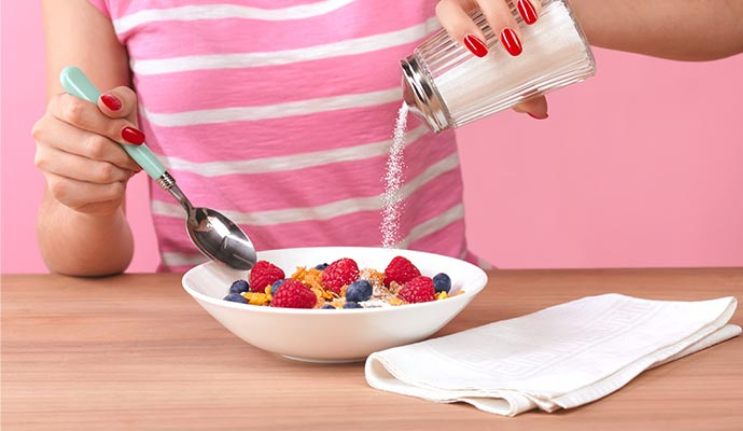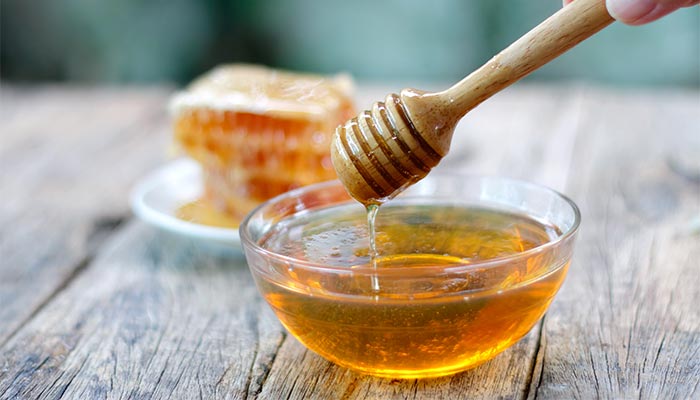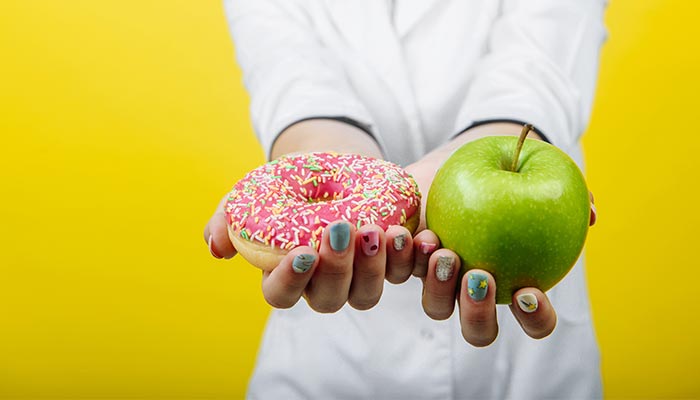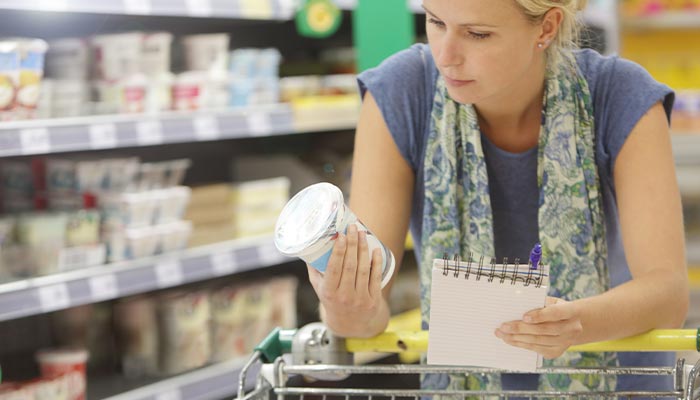
RESEARCH NEWS
Please explain: Are all types of sugar the same?
Are some sugars better for you than others? Or is sugar just sugar? MQ health dietitian Valentina Duong gives us the lowdown on the sweet stuff.
We all know someone who has quit sugar or who swears that agave nectar or honey is the only healthy option, but are they right?Two of the most-mentioned culprits fuelling the global obesity crisis are high-fructose corn syrup (HFCS) and white sugar, due to their high fructose content.
In addition to obesity and its associated diseases, diets that are extremely high in fructose can lead to insulin resistance and type 2 diabetes, and non-alcoholic fatty liver disease.
HFCS and white sugar are also known to cause inflammation in the body, which has links to a range of serious diseases, from cancer to Alzheimer’s disease.
While HFCS is banned in Australia, it is used extensively overseas in products such as soft drinks, and it may be present in imported items.
Sugar can cause weight gain
Accredited practising dietitian Valentina Duong, of MQ Health’s Healthy Weight Clinic, says all added, sugars can cause weight gain if we eat enough of them.
“When it comes to added sugars, gram for gram, one is largely the same as the other,” she says.
“Just like white sugar, raw sugar, muscovado sugar, honey, maple syrup and agave are all empty calories with little nutritional value, and they can all contribute to weight gain.
“Yes, white sugar is ultra-processed, but the less processed options aren’t that much better for you, and they can lull you into a false sense of security.

![]()
Hey honey: Just like white sugar or HFCS, honey causes spikes in blood sugar.
“Honey has some antibacterial qualities, soothes a sore throat, and is absorbed a little more slowly than white sugar, but on the whole, people overestimate its benefits.
“The less-processed sugars have a few more trace minerals than white sugar, but just like white sugar or HFCS, they are very easily converted into energy and cause spikes in blood sugar.
“Used in small amounts to flavour home-cooked food, they can form part of a balanced diet.
“Eaten in excess, any added sugar contributes to weight gain and tooth decay.”
How much added sugar is too much?
World Health Organisation (WHO) guidelines recommend that adults and children alike should not be getting more than 10 per cent of their daily energy intake from added sugars. This equals about 50g of added sugar a day, or 12 teaspoons.
However, if that were reduced to less than 5 per cent of energy intake – about 25g or six teaspoons – it would be even better for our health, the WHO says.
Sugar-sweetened drinks are a well-known source of added sugar, and one of the easiest to cut out of our diets.
A 600ml bottle of Coca-Cola contains about 17 teaspoons of sugar, while a 500ml bottle contains between 12 and 16 teaspoons. However, sports drinks and bottled iced teas are also deceptively high in added sugar, with nine and six teaspoons respectively.

Don’t sugarcoat the facts: Fruit contains naturally occurring sugars, which makes it healthier than a donut.
Duong says it pays to read the label on food products before buying them.
“We all know that calorie-dense food such as confectionary, biscuits, cakes and soft drinks contain a lot of added sugar, but it’s also hidden where you might not expect it,” Duong says.
Cereals, muesli bars and flavoured yoghurts can be surprisingly high in added sugar, even the ones that are marketed as ‘healthy’ or aimed at children.
“Low-fat products often contain a lot of sugar, too. Advertising has trained us to associate low-fat with low-calorie, but fat is flavour, as the chefs say, and the manufacturers have to make a product that tastes good for it to be successful, so they often replace the fat with sugar.
“Even sauces and salad dressings can be deceptively high in added sugar,” she says.

A loaded debate: Low-fat products often contain a lot of sugar, too.
Not all sugars are bad for you
Many types of food, like fruit, vegetables and dairy, contain naturally occurring sugars, and these are quite different from free sugars.
Duong says just because something tastes sweet, that doesn’t mean it’s bad for you, adding, “I don’t subscribe to the ‘quit sugar’ or ‘if it’s sweet, spit it out’ schools of thought,” she says.
“There’s a lot of fear-mongering around fructose because it’s found in white sugar and HFCS, but fruit contains so many nutrients that eating two or three pieces a day is good for you.
“It contains fibre to slow down the absorption of the fructose, so you don’t get those spikes in blood sugar, and it’s full of vitamins and minerals, and antioxidants.
“And all fruit is good, so don’t listen to people who say that bananas, for example, are bad for you. Just remember that a glass of fruit juice is not an alternative to eating a piece of whole fruit.
“You’d never eat six oranges at once, but one glass of juice contains all the sugar of six oranges with none of the fibre. Drinking large amounts of juice can cause weight gain, just the same as sugary soft drinks,” she says.
Duong says vegetables are very low in sugar – even the ones that are often demonised, like carrots and sweet potatoes.
Dairy products also contain natural sugars, but they are not as concerning as added sugars. Unsweetened dairy products like low-fat milk, cheese and natural yoghurt contain protein, calcium, phosphorous and probiotics for gut health, and in moderate amounts need not be avoided.
Artificial sweeteners
Duong says artificial sweeteners are considered safe, though when consumed in excess, some can cause stomach upsets.
“There is some question about their effect on the beneficial bacteria that live in our gastrointestinal tract, but that is still being investigated,” she says.
“A number of studies have found that replacing sugar-sweetened beverages with non‑sugar alternatives has a meaningful impact on calorie intake and body weight.
“Ultimately, water is the best, but diet sodas can be useful as a stepping stone in the short-term as you move away from sugary soft drinks.”
Valentina Duong is an accredited practising dietitian at MQ Health Healthy Weight Clinic
The multidisciplinary team from the MQ Health Healthy Weight Clinic includes dietitians, exercise physiologists, endocrinologists, physiotherapists, psychologists, bariatric surgeons and experts in sleep medicine, who work together to assist patients to achieve a healthier lifestyle.